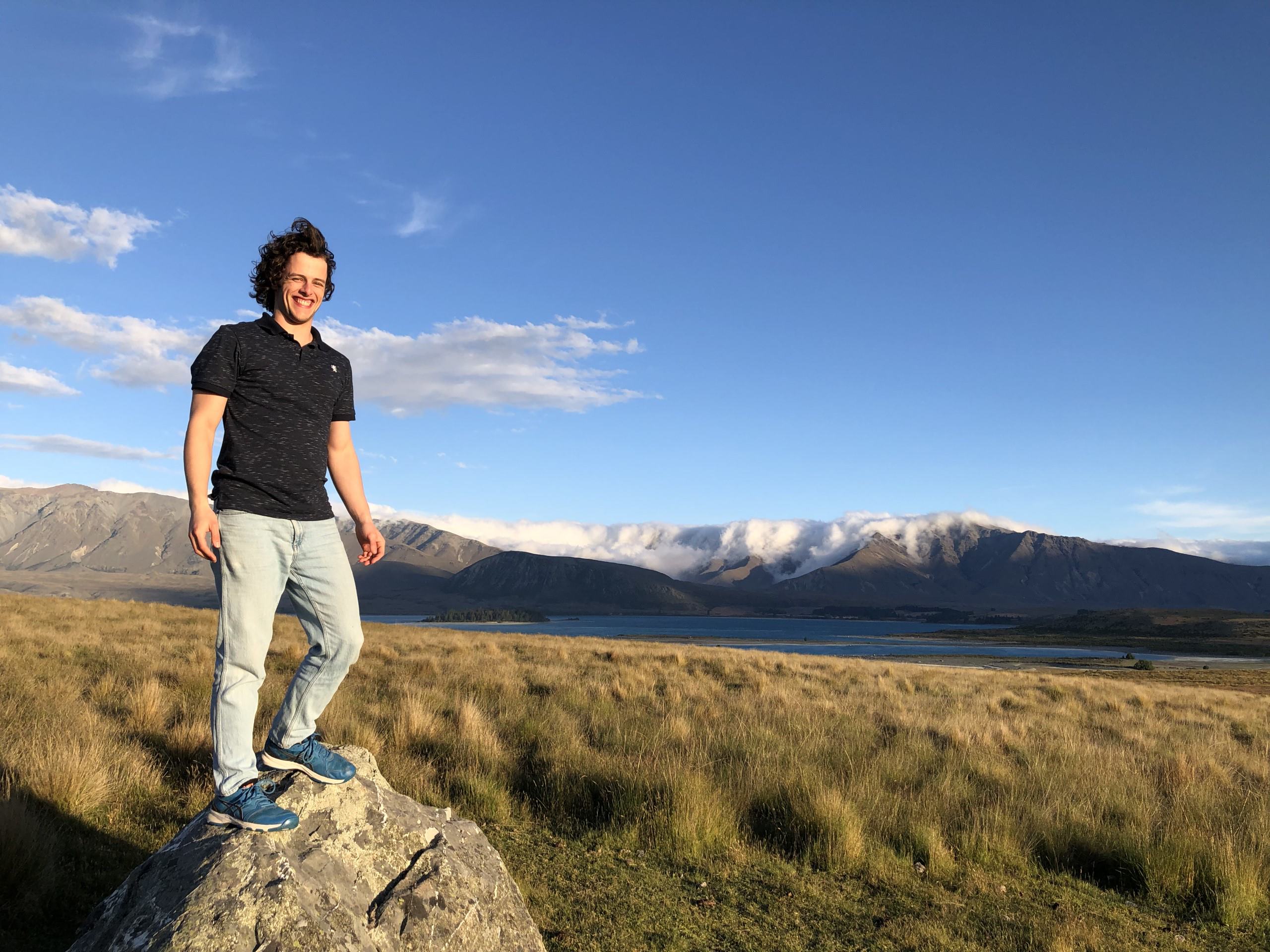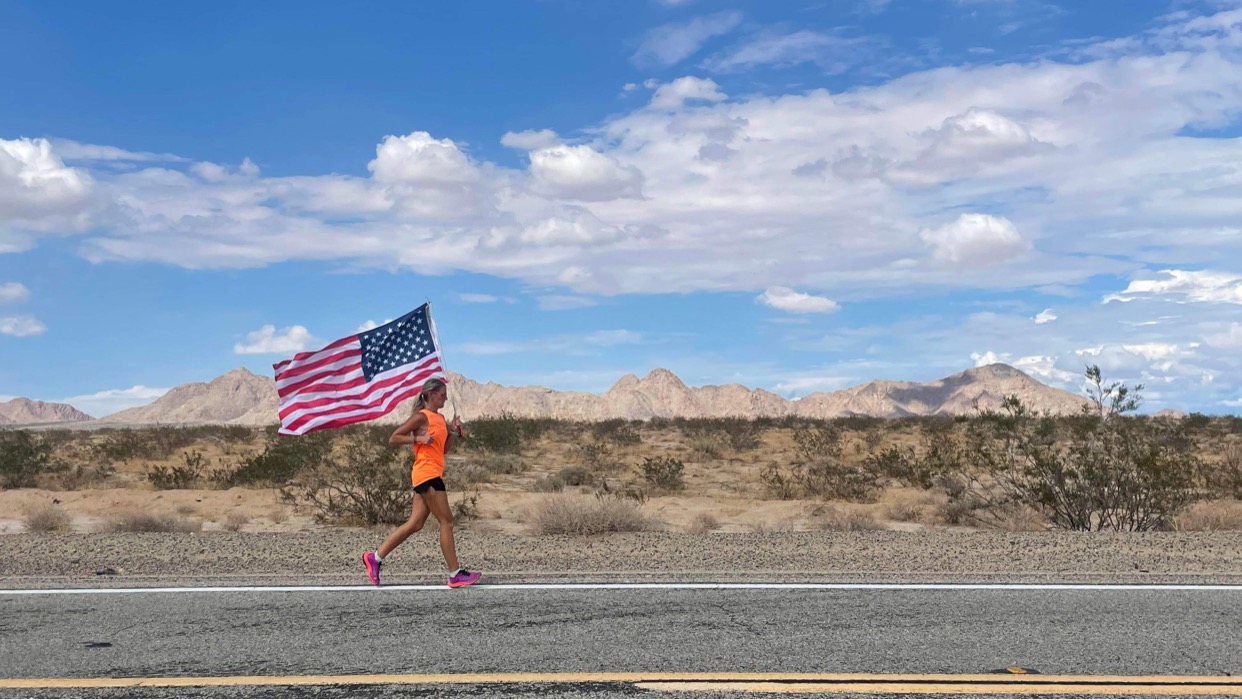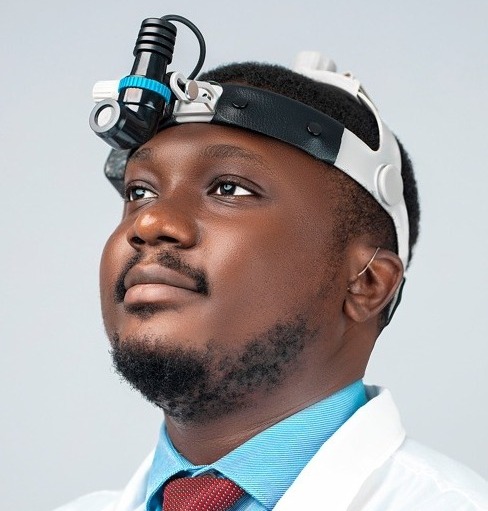
Shaped by music: Oliver’s story
January 26, 2024Now, hear this! Help change mindsets for World Hearing Day (March 3)
March 4, 2024Doing it herself: Helena’s story

Right now, the odds are that somewhere along England’s South Coast, a feisty 14-year-old (her words) is thinking about the next post on one of her three Instagram accounts. Maybe it will be a clip of her flying over the waves in her WASZP, a high-tech hydrofoiling sailboat, as a member of the National Under 18 WASZP Squad.
Or maybe it will be a shot of Echo, her cuddly hearing dog-in-training, who, at just under a year old, excels at stealing household objects and alerting her to the birds just outside. Then again, it’s about time she posted a video of her signing in British Sign Language (BSL) to a favorite song. Or a picture of her Phonak Roger Focus receiver placed near a statue, a Christmas tree or anywhere else it doesn’t seem to belong.
According to her biggest fan and trusty chauffeur to and from sailing practice – her father, Geoff – Helena Mills Bowers had a sense of who she would become by the age of three. She was so comfortable on the seaside, she used to fall asleep on the floor of the family boat. And she made up a silly expression that would turn into a mantra: Do it mine-self.
Helena grew up with hearing challenges, yet only in 2021 was she diagnosed with Auditory Processing Disorder (APD), moderate to severe hearing loss, and tinnitus. She spoke with Team Phonak about her experience and drive to make a difference, no matter where she finds herself. Her story has been edited for length and clarity.
 Feeling the difference
Feeling the difference
A few years ago, we started to realize I had some form of hearing loss. I couldn’t always understand what people were saying when they were talking in big groups – my face was constantly swiveling around, trying to work things out. On the water, I could never hear the signals that went off when a race was starting. So the diagnosis made a lot of sense.
When I got the Roger Focus, I did what any teenager would do and immediately Googled it. I could see how to set the device up, but there wasn’t much about anybody actually living with it. That’s what I kind of struggled with at first, not knowing anyone else who had it and feeling different. Because you have to ask the teacher or whoever the speaker is, and then you get so many questions, like, what’s that box around their neck?
But when I realized it wasn’t so weird, I wanted to share that with other people so they didn’t have to feel so strange. That’s probably why I created the Instagram accounts, and from there they just kind of grew. So many kids don’t want to draw attention to themselves – but then there’s me, literally putting Roger on random statues and making a big thing of it.
Embracing it
When I got the hearing aids and Roger, I feel like I ‘got’ my friends. I got quite a bit more sociable because I could actually interact with people more, and I became a bit more outgoing. I think that’s what comes across on my Instagram accounts. I’m going to show myself having fun because a lot of deaf people I know really struggle with it. You can see that there’s fun going on, and it’s not all quite bleak.
I try to focus on positivity even though I’m sometimes touching on difficult subjects. When I say, “Sorry, I’m deaf, I can’t hear you,” people can act quite awkwardly. They might speak really slowly and loudly, or just over the top. I prefer that they speak facing me, making eye contact, not covering their mouth, and including me in the conversation. Because when you’ve got a group of 15 people, particularly teenagers talking about things in really fast conversation, you miss quite a bit. So if somebody says, “I’ll tell you later,” I’d actually like to be told then and there.
Sometimes people will say that they’re sorry, but it’s like, don’t be! It’s normal for me, and it’s not a problem. It’s just a slightly different way of life. So one of the things I feel I can give advice on is how others might communicate with deaf people. Another is how you can still join in and do things, like sailing or other water sports, even when you’re hard of hearing.
Looking to help
What I like about sailing is that the interaction with others is different than in school or other places. If you’re unique, you’re popular because you’re interesting. Also, if you haven’t been on a WASZP, it’s hard to explain, but it’s almost like flying over the water at crazy speeds. You just feel completely separate from the world, and you can just kind of switch off. When you’re moving with the waves, it’s just coexisting, which I guess sounds a bit cringey. But I’ve seen dolphins out there and even had one jump over the back of my boat!

I also want to push other kids to be different and unique, because what’s the fun if you’re all exactly the same person? It’s important to speak up and “make waves” as I like to say – that’s why I co-founded a BSL club in my school, and why the school is doing an acoustic audit to help people like me. It’s also why I started writing a series of articles for the National Deaf Children’s Society.
In the end, I’m very determined. If I say to my dad “Can I do this?” it’s usually more of a warning that I’m going to do it – and I’m just letting him know.
Note: Helena uses the Phonak Roger Focus with two receivers.

 Feeling the difference
Feeling the difference 
